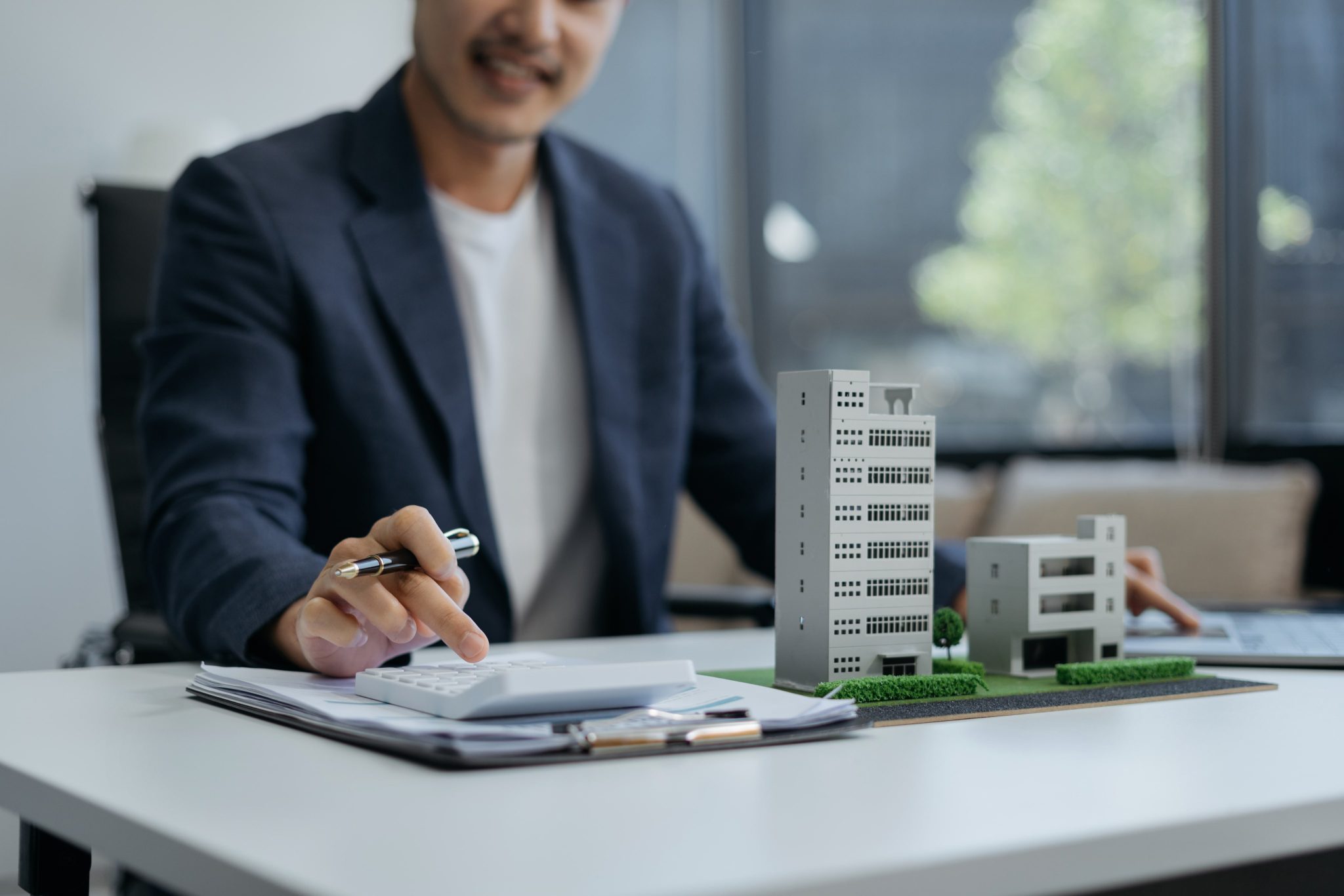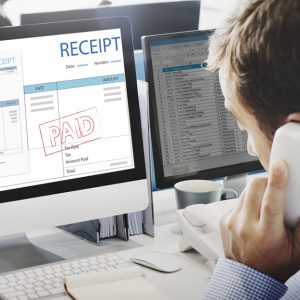
Business Advisory Services
Everything you need to help you launch your new business entity from business entity selection to multiple-entity business structures.
Hey - Our site just had a makeover and we are sorting through the hiccups!
Hey - Our site just had a makeover and we are sorting through the hiccups!

Everything you need to help you launch your new business entity from business entity selection to multiple-entity business structures.

Designed for rental property owners where WCG CPAs & Advisors supports you as your real estate CPA.

Everything you need from tax return preparation for your small business to your rental to your corporation is here.

Table Of Contents

Posted Sunday, May 25, 2025
Chapter 1 serves as a comprehensive introduction to how rental property ownership intersects with business strategy and tax planning. It begins by framing real estate investments not just as passive assets, but as active business ventures that should be managed with intent and structure. The chapter emphasizes the importance of choosing the correct business entity including single-member or multi-member LLC, partnership, C corporation, or S corporations. The decision is based on goals, risk tolerance, debt service, and tax situation including estate planning.
Each entity type is explained with pros and cons, focusing on liability protection, audit risk, and tax return complexity. For example, LLCs are praised for their flexibility and ease of ownership transfers, while S Corporations are discouraged for holding appreciating assets like rental properties. The chapter also addresses nuances in ownership when spouses or family members are involved, particularly in community property states. Yay, family members!
We also answer the common question of “Should I put my rental property in an LLC?” Answer is Yes, but there are some reasons it might not make sense.
Further, it explores advanced strategies such as using holding and operating company structures, mixing different rental types within entities, and preparing for succession or exit scenarios. Here we go!

 |  |  |
| $19.95 | $15.95 | $12.95 |
WCG's tax team structure is built around Pods — small, agile groups of tax professionals (4-6 total) who embrace team camaraderie while achieving client intimacy. Each Pod is led by a seasoned tax manager or partner, and together they make up the core of our tax return preparation.
For the 2026 tax season, we’re thrilled to introduce the Rental Expert Pod or REP for short. This is WCG’s dedicated team of real estate CPAs and rental property tax specialists focused on optimizing your tax position, ensuring compliance, and helping you build long-term wealth through smart real estate strategies. [Learn More]
Please use the form below to tell us a little about yourself, and what you have going on with your investments and wealth-building objectives. WCG CPAs & Advisors are real estate CPAs, tax strategists and rental property consultants, and we look forward to talking to you!
The tax advisors, business consultants and rental property experts at WCG CPAs & Advisors are not salespeople; we are not putting lipstick on a pig expecting you to love it. Our job remains being professionally detached, giving you information and letting you decide within our ethical guidelines and your risk profiles.
We see far too many crazy schemes and half-baked ideas from attorneys and wealth managers. In some cases, they are good ideas. In most cases, all the entities, layering and mixed ownership is only the illusion of precision. As Chris Rock says, just because you can drive your car with your feet doesn’t make it a good idea. In other words, let’s not automatically convert “you can” into “you must.”
Let’s chat so you can be smart about it.
We typically schedule a 20-minute complimentary quick chat with one of our Partners or our amazing Senior Tax Professionals to determine if we are a good fit for each other, and how an engagement with our team looks. Tax returns only? Business advisory? Tax strategy and planning? Rental property support?

Taxes can be tricky. Chat with a WCG human now and get questions answered.

Ready to schedule now and talk all things rentals? Let's do it! Here is a link to a Discovery Meeting with one of our Partners or Senior Tax Professionals to understand your tax footprint and objectives, and how WCG CPAs & Advisors might help.

Everything you need to help you launch your new business entity from business entity selection to multiple-entity business structures.

Designed for rental property owners where WCG CPAs & Advisors supports you as your real estate CPA.

Everything you need from tax return preparation for your small business to your rental to your corporation is here.


